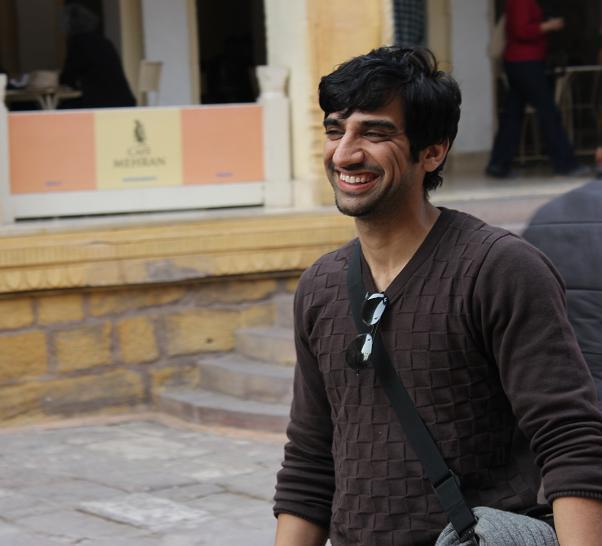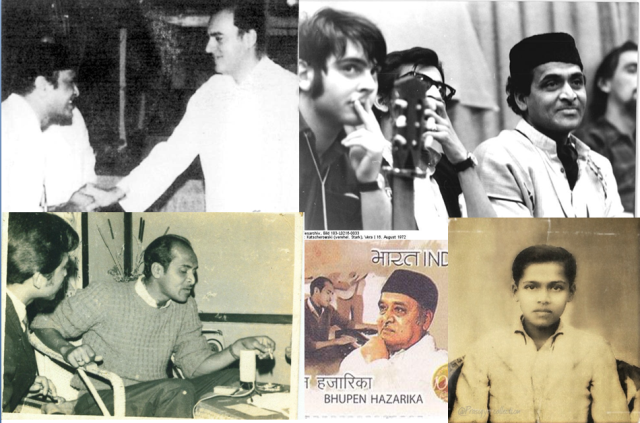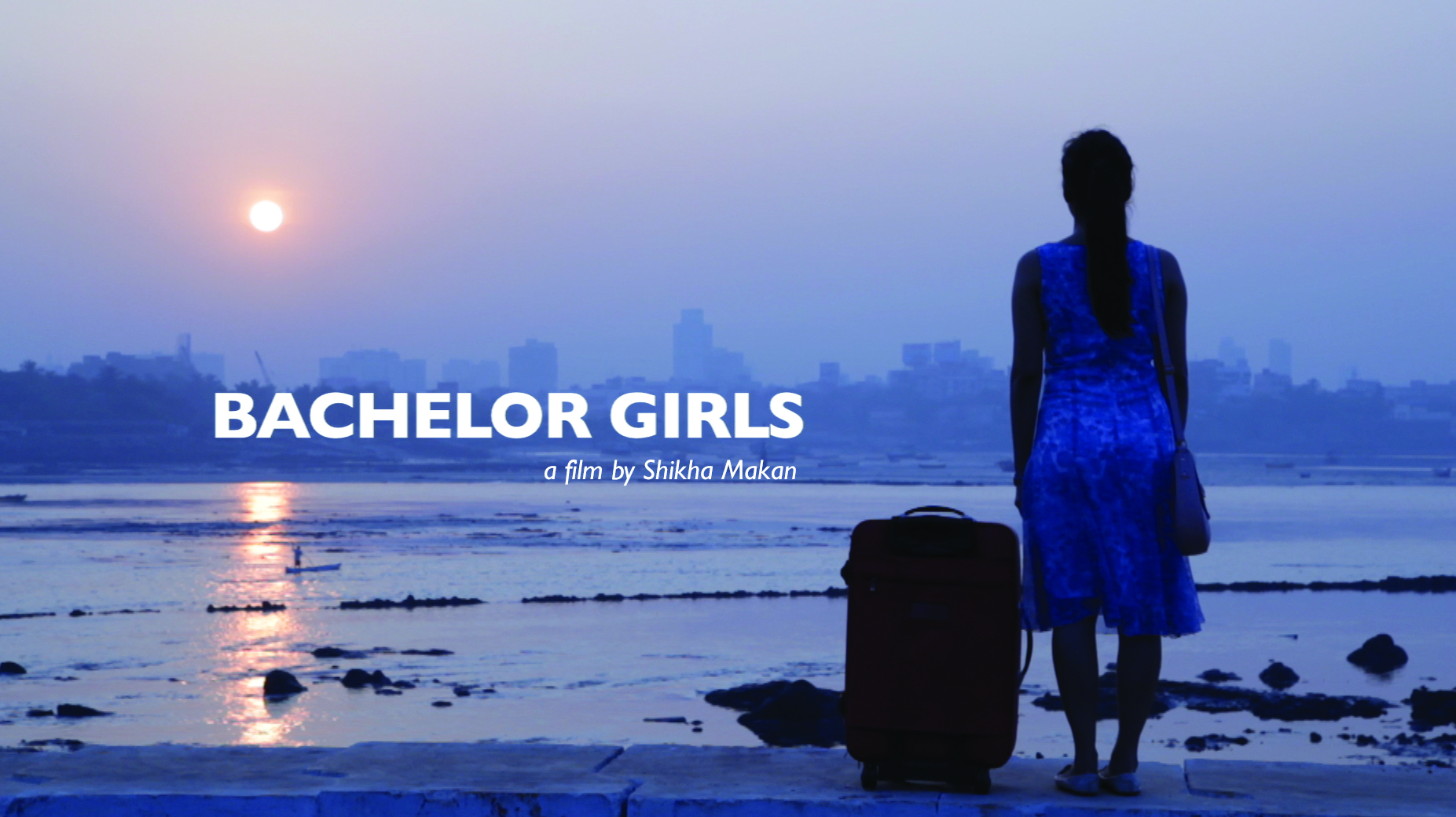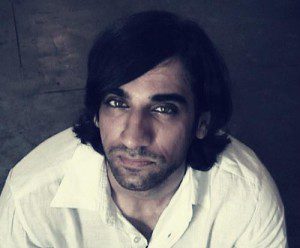
When Cecilia came to Pankaj Johar’s home as a maid, she became like family to him and his wife. After her death, she still remains an important part of their lives. Pankaj’s documentary on his maid’s struggle to get justice for her murdered daughter is nerve-wracking. It exposes the lies of the system and the truth of the tears.
Filming a documentary as tough as this was not easy for Pankaj on many fronts. What started as a support to someone in her fight became a very personal struggle for him.
Pankaj Johar, the director of ‘Cecilia’, which got premiered at MAMI 2016 and collected massive reviews, talked to Bollywoodirect about the documentary.
Q: Cecilia’s an interesting story. More than a story, a unique concept. Must it have had born out of circumstances than a script?
A: Cecilia is a personal film. I, myself, am a character in the film. But it did not really start as a film. We started helping Cecilia, the central character in the film, in her fight. The film was the last thing on my mind. I had not thought initially that I would film her story.
Festivals Like MAMI Gives The Much-Needed Push To Films Like Maroon: Pulkit
Q: How did the idea of filming come to you?
A: After I and my wife got married, we decided to move to a new place. It was then that we decided to get a maid as we both were working. In metro cities, it’s easy to hire a maid through different agencies and that is how we found Cecilia. Soon, she became a part of the family. She came on our trips, to our grocery shopping. She had become very close to us.
After we hired her, a couple of months later, my wife got a phone call. Someone told her that Cecilia’s daughter had been found dead. She did not believe the story because her daughter studied in a far away village in West Bengal. She thought that someone was playing a prank and she did not take the call. The call kept coming. Two days later when she called her village, she got to know that her daughter was missing since two days and that is when it became clear to us that the call that we kept on receiving was not a prank call at all.
Cecilia was very scared to go and identify her body. My wife went with her to the place where the body was kept. She’s a lawyer and she had a very hard time, fighting her case. Cecilia’s daughter was 14 but the age mentioned in the post-mortem reports was 18. Obviously, the laws are very harsh for crime against minors and police, it seemed was influenced by the trafficker or maybe some other people. They kept on saying to my wife that she knows how the system works and being a lawyer she must know that. They suggested Cecilia to take the money and settle everything but Cecilia was very sure that she wanted to file the case. She kept on saying that I have lost my girl and I want to make sure it does not happen to other parents.
It took us 3 days to lodge a FIR. My wife is a lawyer and even after her involvement in this case, it took us such a long time to write a simple FIR. Cecilia had started getting calls from the village because the trafficker had also begun to pressurize the villagers. They asked her to withdraw the case. I was already working on some other project. When we encountered the apathy of our system is when I decided to film everything. A woman from a very weak background wanted to fight against a strong system for her daughter. I really wanted to see how long Cecilia would be able to deal the pressure.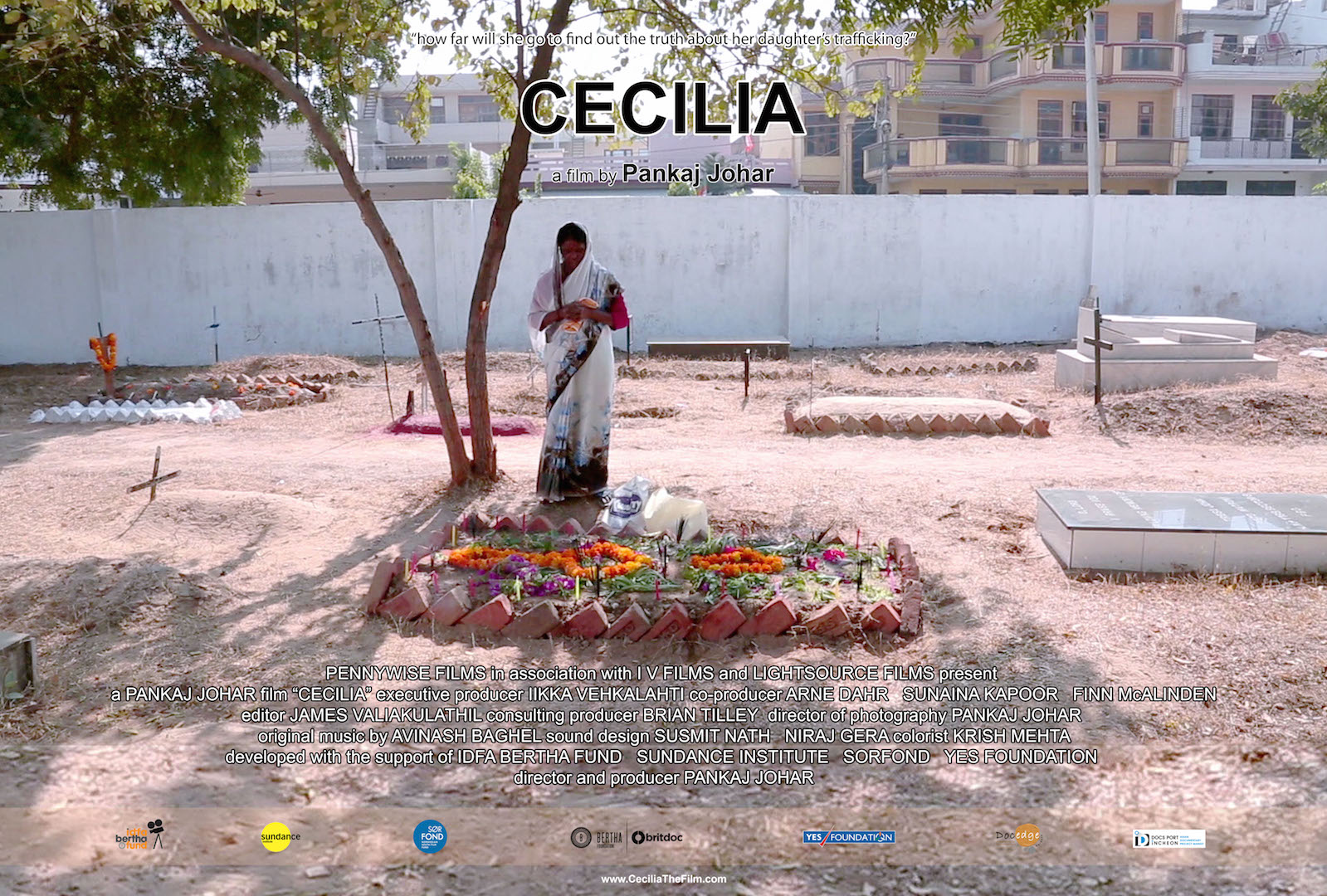
Q: Did she get ready instantly to face the camera? It is not that easy for someone who is already in such pain. Also, how difficult was it to shoot the police interrogations court proceedings?
A: Cecilia loved being photographed but this was a very painful period for her and no one in these circumstances would love to have a camera to be there, recording personal moments. I persuaded Cecilia and told her the reason why I was recording it. It did not take her very long to know what I was saying. With me, she already had a bond. This also made very easier to have her on the camera. Even though I am not a professional camera person, I decided that I won’t hire any cameraman and do the camerawork myself so that Cecilia is comfortable.
In India, you cannot record court proceedings. If you do that, you could be jeopardized. The conversations with the policemen, the lawyers, were recorded through a hidden camera at times. Sometimes, I did not have any equipment at all, so I recorded phone conversations. If there was no visual recording possible then I needed to have something on record at least. Due to this, we had to spend a lot of time on editing table to put it across.
Q: You and your wife were just married and then two months after the marriage you both were helping your maid fight a case. How important was a role that of your wife in making this film on all the fronts?
A: She’s essentially a corporate lawyer. The technicalities of such cases she knew but her involvement as a lawyer was very limited. Her experience played its role a lot. But later on, we met other experts and activists as well. Kailash Satyarthi was a big help. He was supposed to be a big character in the film as well but then he won the Nobel Prize and it became a little difficult to be in touch with him. Eventually, in the final film, he appears for a shortened screen time now.
Initially, my wife’s role was major but later on, we had to rely on these people for their help.
My wife had become very concerned when we started getting threats and she thought that just for the sake of the film, we were putting her life at risk. Initially, we thought if we are filming it, we will have to film it for 3 to 4 years because that is how long the proceedings in India take to be completed. She was very, very scared that it was risky for us to be shooting each and everything in such a sensitive case. We had a lot of personal conflicts as well. We also started thinking for how long were we going to continue filming this. There was a time when Cecilia could not take her decisions and we needed to be there to tell her about some things. There came a time when we were not sure whether to go ahead or not. More when we started getting threat calls on phone. But also those two years of shooting made our relationship stronger. I think the more hardships a relationship sees, it makes it stronger. Those two years will always be memorable for us.
Cecilia is no more. Eventually, she quit her fight and took money from the trafficker and went back to her village. She became very depressed and took to alcohol and died of liver failure. And because she is no more, those two years have become very memorable for us.
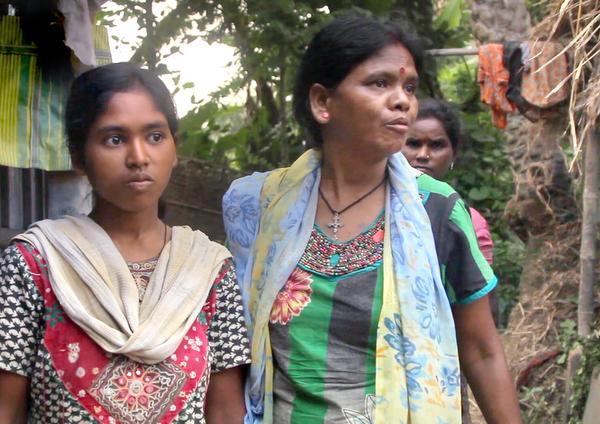
Q: When you were filming it, where did you see the end of all this?
A: There were times when I thought that Cecilia was very strong and on other times she looked like giving up. I knew justice in India is painfully slow and I will probably shoot for 2-3 years before the case come to its conclusion. I had around 2-3 years in mind. I made sure I did not influence her decisions. We left it to her to decide when she wanted to fight her battle.
The villagers started giving statements against her that she was a bad mother. Her husband was kidnapped by the traffickers. So, such circumstances were formed so that she breaks down. The end was not known. In this case, I had decided to stop shooting when Cecilia went back to her village. I would have continued shooting her but I did not want to do that. Her case had ended and she had withdrawn the charges. She wanted to start a new life and it was then that I decided that this is the time I should stop filming. That’s where the film ends. I did not have any clarity about its end at all when I started it.
Q: How much impact did the film had on you and your life?
A: As a journalist, you are always curious to find out the story. We try to get to the bottom of things. During the making of this film, both I and my wife realized that we were contributors to trafficking because we are consumers of those little kids we hire as maids in our homes. It’s not intentional but that is how our minds have been shaped by the society. We think we are helping these poor kids but in reality, there’s a bigger menace going on. We, in a way, create that demand for them and it becomes a market.
The majority of these maids are from tribal areas. When their parents find that it is difficult to survive for them, they send their children to work in bigger cities.
Interview By: Shubham Pandey

